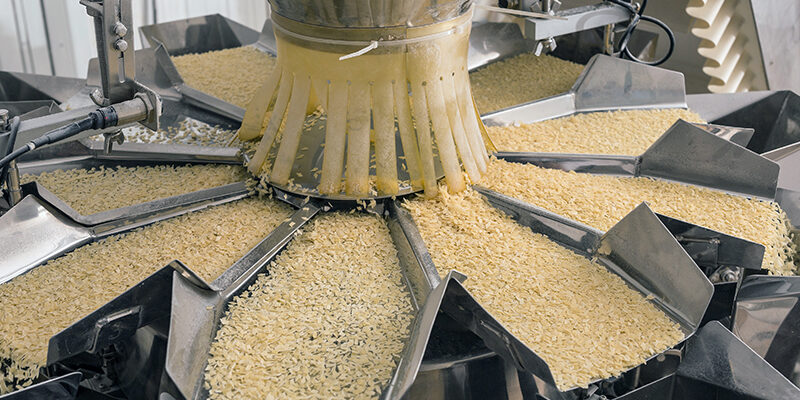A commodity market is a marketplace where investors trade several commodities like spices, energy, precious metals, and crude oil within a country. Investors can gain exposure to commodities by buying them on the market, investing in companies that produce them, or putting money into futures contracts whose value is derived from their price changes.
Commodities are often split into two broad categories: hard and soft commodities. The natural resources that must be mined or extracted, such as Gold, Silver, Copper, Aluminum, Crude oil, and Natural gas are major commodities traded in the hard commodity market. The “soft” commodities are those that cannot be stored for long periods. Soft commodities are agricultural products or livestock, such as corn, wheat, coffee, sugar, and soybeans. They are traded directly in spot markets or financial commodity markets through contracts for them or their future prices.
In recent times, the Forward Market of Commissions allowed around 120 commodities to perform future trading within India.
India has 22 different commodity exchanges that have been formed under the Forward Markets Commission. There are 4 popular commodity exchanges for trading in India:
1) Indian Commodity Exchange (ICEX)
2) National Multi Commodity Exchange of India (NMCE)
3) Multi Commodity Exchange of India (MCX)
4) National Commodity and Derivative Exchange (NCDEX)
The commodities are traded through these exchanges, traded directly in spot markets or financial commodity markets through contracts for them or their future prices.
Related Post:




